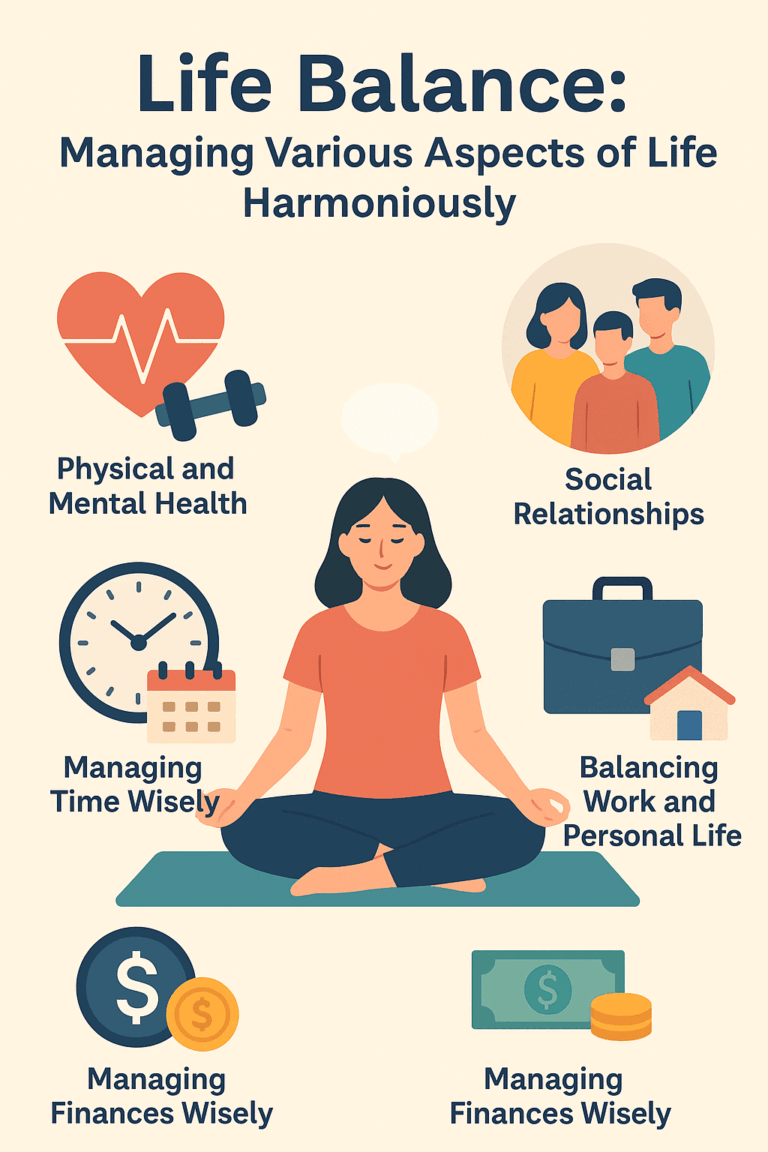Pixie Forever – In today’s fast-paced modern era, many people strive to find the path toward Life Balance. Work pressure, social demands, and personal needs often make individuals feel lost. Therefore, the effort to realign life’s rhythm has become a necessity, not just an option.
Understanding the Concept of Balance in Daily Life
Life balance does not mean that every aspect must always receive an equal portion. Rather, it is about how a person can prioritize according to needs and life goals. For example, there are times when work requires more attention, while at other times family becomes the main focus.
By understanding the principle of flexibility, one can avoid feelings of guilt or excessive pressure when dividing time. Psychologists emphasize that balance is not an instant result, but an ongoing process that requires awareness, discipline, and self-evaluation.

The Role of Physical and Mental Health
Undeniably, physical health is the main foundation for living a balanced life. Regular exercise, a healthy diet, and sufficient rest help keep the body fit. On the other hand, mental health is equally important. Meditation, talking with loved ones, or simply enjoying a hobby can be simple ways to maintain psychological stability.
Good mental health allows individuals to better cope with daily pressures. Studies show that those who maintain both physical and mental balance tend to be more productive, happier, and more resilient in facing life’s challenges.
The Importance of Social Relationships
Another key aspect of balance is social relationships. Humans are social beings who need interaction. Family warmth, support from friends, and professional networks are crucial factors that sustain emotional stability.
Positive social interactions can help reduce stress, boost self-confidence, and provide new perspectives when facing problems. In this regard, building healthy communication and empathy becomes essential.
read more : “China’s Economy Slowdown: Global Risks and Future Outlook“
Managing Time Wisely
Time is a resource that cannot be renewed. Therefore, managing it wisely is a strategic step toward achieving life balance. Creating daily schedules, setting priorities, and limiting digital distractions can be starting points.
A time management expert once said, “An hour well planned is worth more than several hours spent aimlessly.” In other words, effectiveness is more important than mere busyness.
Balancing Work and Personal Life
In today’s professional world, the issue of work-life balance is receiving growing attention. Many companies now realize the importance of giving employees flexibility to maintain their quality of life. Some organizations even provide health facilities, counseling programs, and flexible working hours.
Employees who achieve balance between work and personal life are generally more loyal, creative, and productive. Conversely, when work dominates too much, the risks of stress, fatigue, and loss of motivation increase significantly.
Managing Finances Wisely
Finances also play a crucial role in building a harmonious life. Managing income and expenses wisely not only meets daily needs but also provides a sense of security for the future.
Creating a monthly budget, saving, and investing are practical steps that can be taken. With financial stability, individuals can make decisions that support life balance without being overshadowed by excessive economic anxiety.
Spirituality and the Meaning of Life
For some, spirituality also plays a major role in maintaining balance. Spirituality is not always tied to religion but can also relate to values, principles, and life goals. Finding meaning in life makes individuals calmer when facing challenges and more motivated to contribute positively to their surroundings.
News on Balanced Lifestyle Trends
Recently, the wellness lifestyle trend has become increasingly popular in major cities. Many communities organize programs such as group yoga, mental health seminars, and social activities to support life balance. According to a recent report, the number of people attending mindfulness classes has increased by 40% over the past two years.
This data indicates that public awareness of the importance of balance is growing. People are no longer only chasing material success but also inner happiness. This aligns with experts’ views that life balance is the key to sustaining quality of life.



